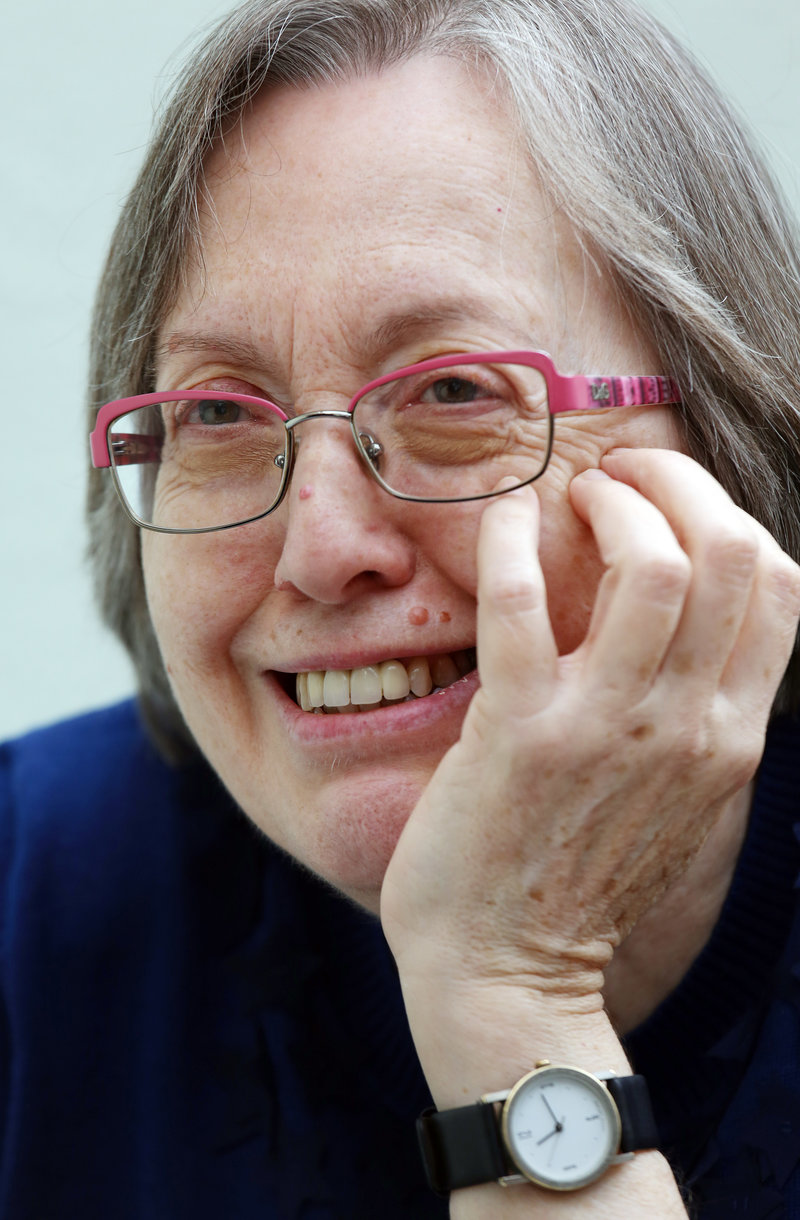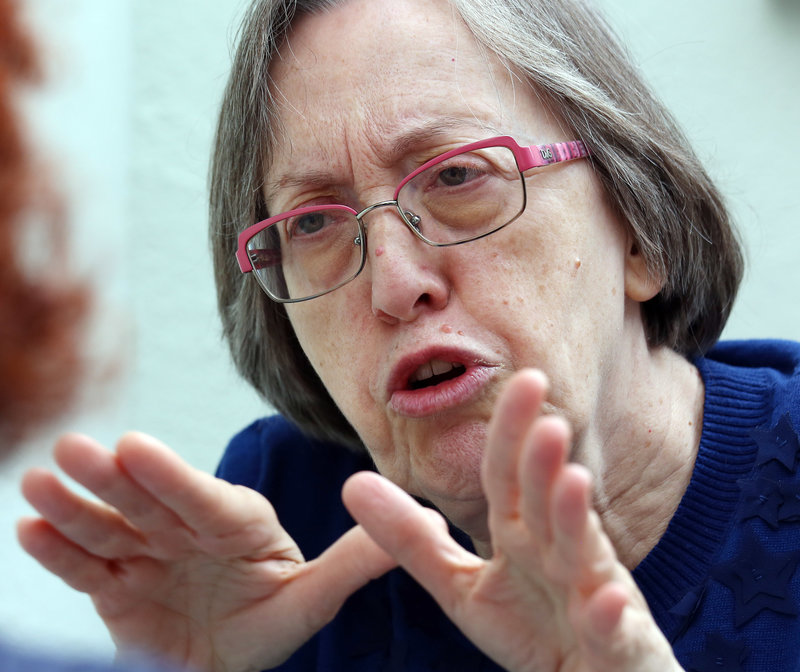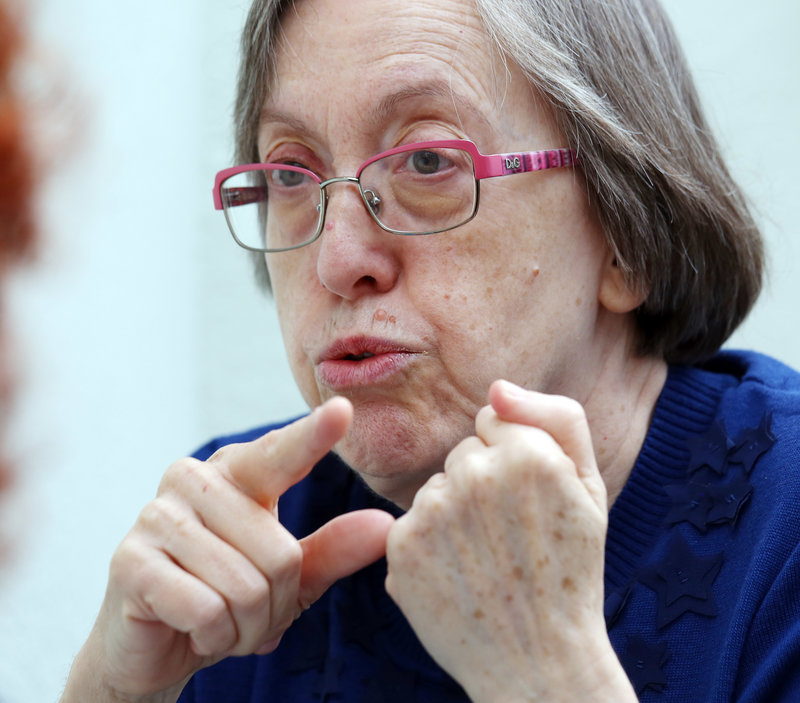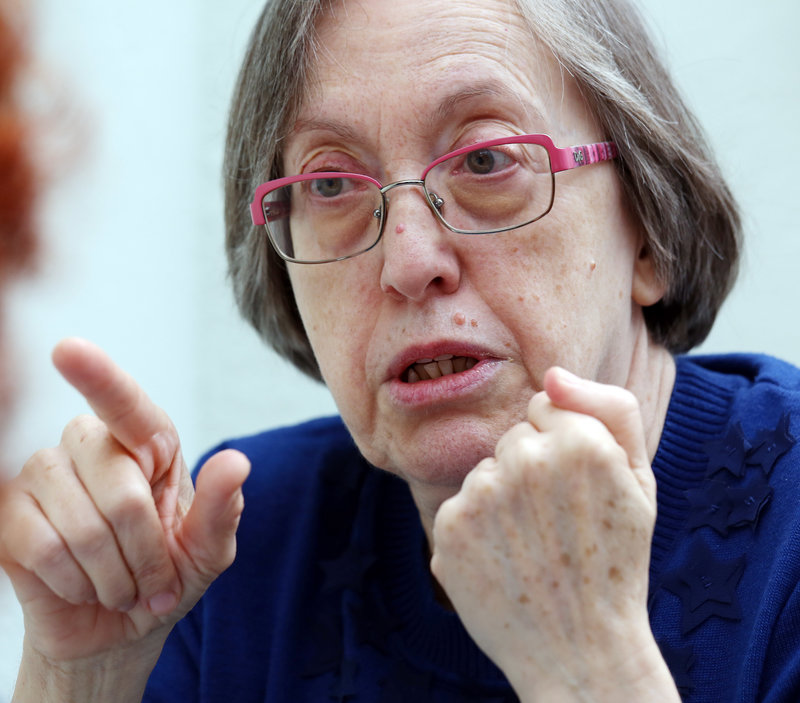Interview
Teresa Torns
Towards equality
With an extensive academic and research career, this Doctor of Sociology explains that patriarchy is alive and well and living in our very own homes
You have devoted your career to research on the welfare of women. How do you see the present situation?
At the moment there is a certain myth about motherhood, especially among girls from the urban middle class, and yet we could say that the younger men in this bracket are those who collaborate most and are the most egalitarian. And while we should avoid generalisations, we can also say that the children of blue collar workers have kept more traditional values, which means that patriarchy still exists in their personal lives.
And in the public sphere?
In the public sphere patriarchy is a little less dominant, but the practice persists in many public policies. There have been big changes in recent years, and we are now less tolerant of violence against women. People are more aware and it is no longer just a commemoration on November 25, but most policies now dealing with womens' issues are centred on combating violence. In my opinion there is a problem in that sometimes the media just report the events and don't get to the root of the problem. Often that is just making a spectacle of the cases of violence.
What about the home?
The man still sees himself as the king of his castle, so to speak, and the woman feels compelled to be the loving mother and caregiver and if she cannot assume this role, she feels guilty. It is the material and cultural representation of what we call the sexual division of labour that makes the man the breadwinner, and women, even if they have a successful career and perhaps a higher salary, still feel that the home is their responsibility.
Running the house...
Don't forget that for many rural and working class women, running the house was nothing compared to all the other work they did. Nowadays it is only caring for children and the elderly, but there is a myth about what housework was. It has changed over time and was also very different depending on the social class and depending on whether you lived in the country or the city. Really, we should look more carefully at the historical aspect .
And what do we find?
Historians have helped me, for example, to understand the implications of the textile industry. The women who worked in the factory, if they came from the working class and married well and had a house, still did a lot of work. It was different for the women who had servants. We know about families from the outside, no one talked about what happened inside.
Tell me about family life.
You need to live with someone else or in another family to discover that everyone does things differently. There are things that are shared experiences but others seem very strange. We have made a great effort in the fight and progress for women to be in the public environment in the 20th century, but about the private area and day-to-day well-being of women we know much less. There are differences between northern and southern Europe, the positive effects of the welfare state and so on, but even so there is still violence against women.
And here, in Catalonia?
In our country it is not the same as being born in Mali or Latin America, or even to be living in the country. Things have changed of course from the time of our grandmothers but we have to admit that there is a major outbreak of gender violence among young people.
So progress yes, but there is still violence.
We have to forget the word “still”. What we have achieved in the struggle of women is like fetching water with a wicker basket, it leaks and we lose the water. Girls have grown up in an imaginary environment with the vast majority thinking they had equality, but when they get into the work force they are immediately faced with inequality. And then things become complicated, because the woman immediately activates a sort of chip about living for others. And if children are involved, then even more so. Then there is that sexual division of labour again. Many young women have been educated equally, but this does not always mean more equality. Think of a family where the mother does all the housework and the father does not help, but the daughter is studying, and unlike previous generations, where the girls helped their mothers, in this case the girl's mother wants her to study a lot and have a career. In practice the mother just does all the work, and the daughter sees that. It reinforces women doing one thing and men another.
Why is there no change?
Because we only think about things in the extreme, talking about violence, and not about the other issues. And before the extreme happens we think of these problems as “ours”. I have known many women who are feminists in public but at home live in a conservative patriarchy.
Not a flattering picture.
We recently carried out a study on work, time and gender and everywhere women are busier than men at times of day when they are not being paid. It depends a lot on the age and environment, but we see that women still think it's their duty to take care of the welfare of the home and more. However, we also see that some young men are becoming better collaborators and learning these tasks can also be very satisfying.
Why is it so hard to change traditional roles?
Maternity gives us the false impression that the child is the last emperor and on the other end of the scale, there is the elderly. Both must be tended to. The welfare state gives us a guaranteed right to health and education, and to social services. With the elderly for example, there is lack of awareness that we need professionals and services for older people. Money and services help, but now that we have no money for services... so the women take over. We might be working on the question of domestic violence but not on the question of who makes the beds.
So it hasn't worked.
Our study showed that nobody wants to do domestic work. Motherhood, yes, and in the case of paternity, the men play along. But if care means struggling with housework and family care, that is another story. We might say that time is divided between work and leisure, but is that true for everyone? The mentality is the most difficult to change, the laws do not change.
Is education the solution?
Education begins at home but people don't educate their kids to be different. We live in a country that lacked material things and this has resulted in an enormous desire to have the best for our children. Material well-being does not necessarily make responsible citizens.
Are we going backwards?
Sometimes, the only feminist struggle has been to denounce and recognise the struggle. The well-being of women, when you have public policies, services, professionals. But how do you make the bed, cook, shop? People still want to come home and find dinner on the table.
A fresh look at time
Amid growing calls to reform our daily routines and official times in Catalonia and Spain, Torns takes a different stand. She believes that our routines and even official time system should be based on our needs as they relate to the phase of life we are going through, that our priorities change as we go through life and so should our routines.
Leave a comment
Sign in.
Sign in if you are already a verified reader.
I want to become verified reader.
To leave comments on the website you must be a verified reader.
Note: To leave comments on the website you must be a verified reader and accept the conditions of use.








